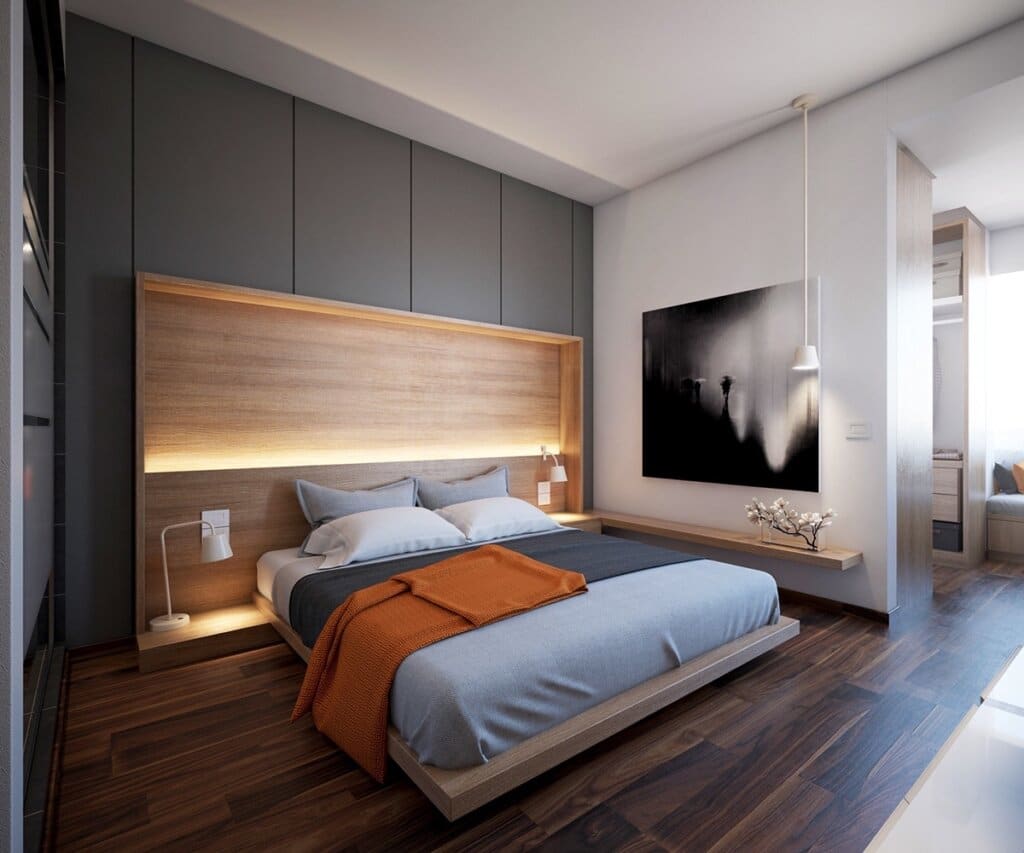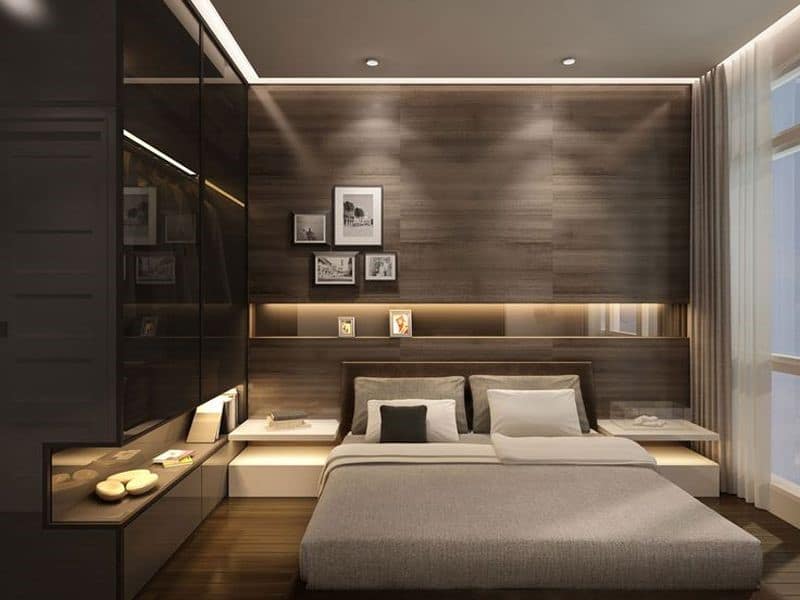Adults need to sleep for about 7 to 9 hours a day to support their body’s need for rest, according to the American Sleep Association, However, as much as 40% of adults aged 20 to 60 actually get less than this amount of time, making them suffer from sleep deprivation.
Sleep is very important for a person’s overall health. Not only the duration but also the quality of sleep should be considered. Research shows that having enough quality sleep helps in improving an individual’s concentration, efficiency, and comprehension. It strengthens the body’s immune system while helping regulate calorie absorption, thus preventing sickness and unreasonable weight gain. Proper sleep is also beneficial in overall mental health by lowering stress and enhancing emotional intelligence.
Read also: Ideas to Help You Choose the Right Mattress
To check if your body lacks enough quality sleep, there are simple signs that you could watch out for. Some examples are intermittent sleep, taking a long time in bed before finally getting to sleep, feeling fatigue or hunger frequently during the day. You may also find yourself more easily irritated, stressed, or angered.
Give yourself the gift of better sleep by making simple lifestyle adjustments. Avoid using gadgets close to your bedtime, follow a consistent sleeping routine, and drink less caffeine or alcohol. You may also need to make changes to your bedroom as the sleeping environment affects the quality of sleep as well. Here are some simple steps you can take to turn your bedroom into an ideal place for sleeping:
1. Declutter
Your bedroom should not have things that are not meant for sleeping, resting, and relaxation. Work-related items such as computers, documents, or a desk will remind your brain of deadlines and all the tasks that are waiting for you to take care of, thus keeping your mind occupied as you lie down on your bed.
Leave plenty of space in your room for air to circulate. Having unnecessary stuff cluttered around the room will give its stifling feeling, further preventing you from relaxing and may even keep you up all night.
2. Choose Your Colors

You may not be aware of it, but the colorsin your environment actually have physical effects on the body. Cool colors like light blue or green promote peace and serenity, thus inducing sleep, while warm and strong colors such as red or yellow canenergize the body and keep it alert.
Surround yourself with cool colors to help soothe you and make you loosen up, which will then lead your body into a sleepy state much faster. Choose a matte or flat finish for your walls as well, because it will give off a softer and more relaxing effect compared to glossy paint.
3. Get A Comfortable Mattress
The mattress that you use should match your body type so you can sleep better. A proper mattress can also prevent muscle aches, reduce stress and anxiety, as well as improve our overall well-being. Since our body weight is fully reliant on a mattress when we sleep, it should be able to properly support your natural sleeping posture. For maximum comfort consider investing in an adjustable bed since it provides multiple health benefits and aids sleeping difficulties along with the mattress you purchased. For more information visit Sleep Education best adjustable beds.
A suitable mattress would carry your weight, thus reducing the pressure on your spine as you sleep. It will also ensure that your limbs are aligned, thus preventing any muscles or ligaments from getting twisted or cramped. In a survey conducted by a sleep foundation, more than 90% of the respondents have confirmed that using a proper mattress does improve the quality of sleep.
To choose the best mattress for your specific needs, you can head out to a nearby store and try different options. Talk to the sales assistants and ask them to give you, their recommendations. For the best mattress for heavy people, our sales agents would be happy to discuss several options with you.
4. Keep It Dark and Cool

Warm temperatures as well bright environments can prevent us from getting the quality sleep that we need. Because our bodies are wired to interpret darkness as a reminder to sleep, while it takes light as a signal to wake up, having yourself surrounded with light is not conducive to sleeping.
Heat, on the other hand, makes the body uncomfortable, which also prevents us from getting into a sleepy state.
Sleep experts say that the ideal temperature is between 15 to 22 degrees Celsius, so try to keep your bedroom cooled down to these levels when it’s time to sleep.
You do not need to keep the air conditioner turned on throughout the night, but make sure that there is adequate air circulation inside the room. Turn off your overhead lights before heading to bed. You may keep a beside lamp on if you are not used to sleeping in the dark, but keep it a low range and place it away from your head so you eyes will not be in the direct line of the light. When sleeping at daytime turn down the curtains to block off the sunlight, or use an eye mask to cover your eyes.
5. Use Ambient Sounds and Aromatherapy
To further enhance your sleeping environment, the sounds and scents in the bedroom must also be the type that encourages relaxation. Loud and sudden noises can keep your brain occupied, keeping you awake and alert the whole night.
Neutralize external sounds that may penetrate through your walls by playing relaxing ambient music, such as sounds of nature or soft and slow songs. Add some calming scents to further induce your body to relax and enter a sleeping state. Using fragrance diffusers or aromatherapy with relaxing scents like citrus or lavender would also help make you sleep better through the night.





Leave a Reply